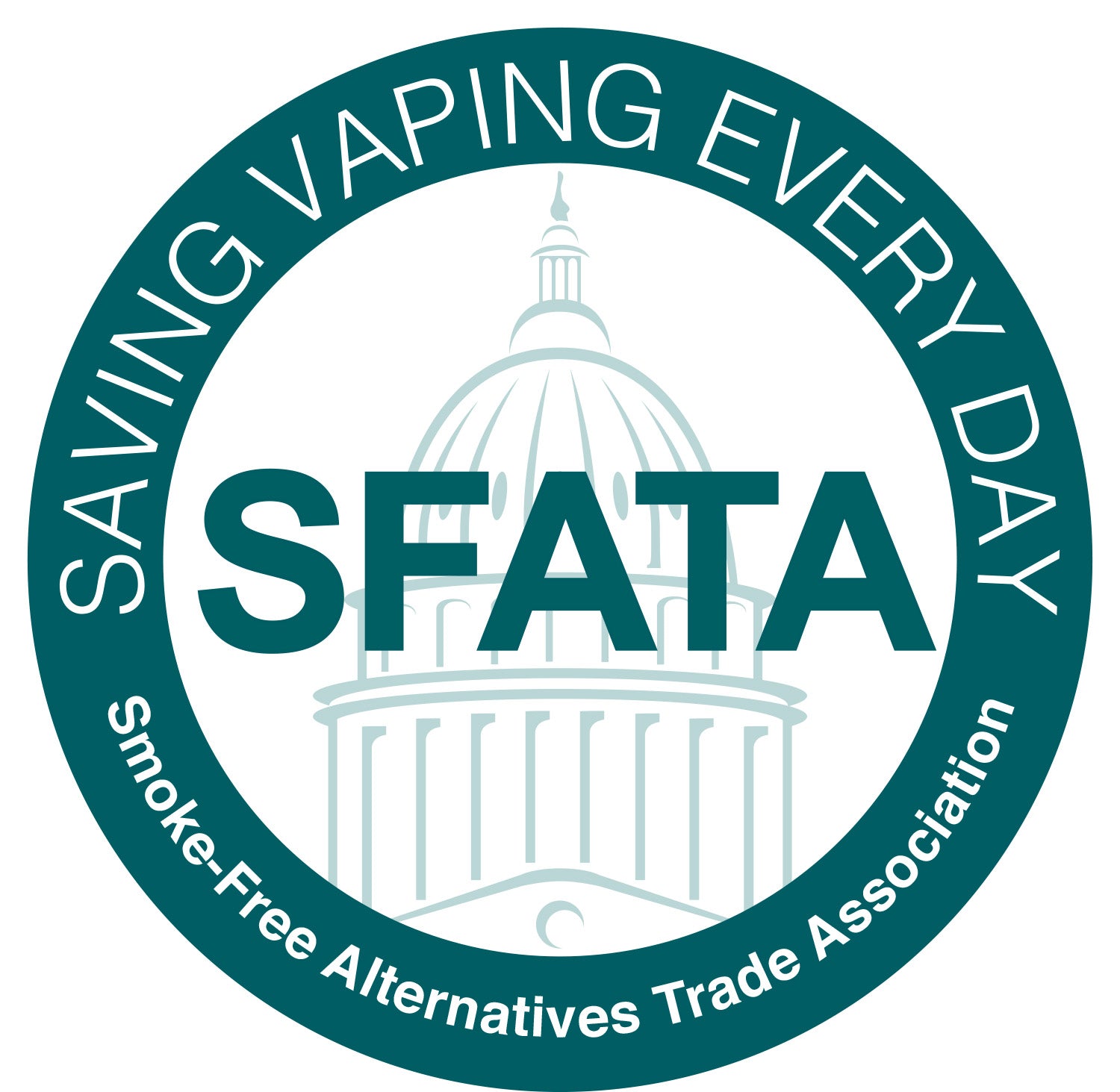Nicotine is arguably the most misunderstood chemical in common use. In fact, FDA Commissioner Scott Gottlieb declared nicotine as the main culprit of the U.S. public health epidemic and must be regulated at all costs - because you know, the 7000 chemicals emitted from smoking combustible tobacco products are not as bad as nicotine, right?
Growing up you probably heard the phrase, "Cigarettes are bad for you. Cigarettes have nicotine. Therefore, nicotine is bad for you." Regardless of where you stand on the spectrum, whether you're pro or anti-vaping, it is important to understand nicotine and why it is still seen as this "big bad chemical" that is a threat to public health.
This article will provide some insight into the role of nicotine and aim to debunk some of the more serious myths that might otherwise be proving the notion that nicotine is bad for you. While we're not here to convince you that nicotine is good or bad, we are simply providing some information so YOU can make that decision.
NICOTINE CAN KILL YOU
Yes, nicotine can kill you. But water can kill you too. Humans can die from just about anything when consumed in large enough quantities. Regarding nicotine, a study published back in the 19th century concluded that a lethal dose of nicotine lies at approximately 60mg. Don't ask me why public perception still uses studies from the 19th century to dictate public health precedent - ask the FDA. It is worth noting that other sources indicate that lethal dosage actually exceeds 600mg of nicotine.
NICOTINE CONTAINS POTENTIAL HEALTH BENEFITS
Thanks to the popularity of the nootropics community - a group in which advocates for the safe and benevolent use of drugs to enhance cognitive ability, research has indicated that nicotine has measurable benefits upon consumption. Enhanced abilities such as improved memory, attention span, and learning are among those cognitive abilities that wouldn't otherwise improve the older one gets. On top of enhancing abilities, nicotine users on average are able to enjoy a reduced risk of neuro-degenerative diseases such as Alzheimer's, Parkinson's, and Tourette's syndromes as a result.
When it comes to the potential upside of nicotine consumption, it is worth noting how the chemical got its initial bed reputation. Before the tobacco industry was regulated, nicotine was largely consumed though nicotine delivery systems such as cigarettes, cigars, pipe tobacco, and other combustible products. Nicotine ITSELF cannot kill you if consumed in non-lethal doses. It is the the 598 other chemicals that are burned and coupled with nicotine that would otherwise induce these health risks.
"THE WORLD AIN'T ALL SUNSHINE AND RAINBOWS"
One of the most well-known drawbacks of nicotine is its addictiveness. Yes, nicotine is a highly addictive substance and due to this drawback, the FDA and other regulatory health agencies world wide have been moving to reduce the levels or outright restrict access to it. So yes, if nicotine is actually restricted from the people, you can say goodbye to your favorite BLVK Unicorn products while you're at it.
How addictive is nicotine then? That answer largely depends on you, the user. Again, basing off anecdotal studies, the body of the user and how nicotine is absorbed into the bloodstream would more-or-less dictate one’s susceptibility towards it. Another indicator in gauging for nicotine addictiveness would be the method in which the chemical is delivered. Are you consuming a cigarette? An e-cigarette? A cigar? Smoking a bowl of shisha? These factors come into play, and while it is common knowledge that nicotine is a highly addictive chemical, one cannot accurately gauge HOW addictive and in what capacity.
Outside of general addictiveness, nicotine has been shown to increase the growth of tumors. How? Why? Well, nicotine promotes increased growth of blood vessels. Don’t be alarmed however, nicotine will only INCREASE the growth of tumors, not cause it. If you don’t have any tumors, you’re safe. (You should probably get that check-up you’ve been avoiding though.)
The last negative aspect of nicotine is a point that BLVK Unicorn and the entirety of the American vaping industry advocates for that matter, nicotine is intended exclusively for adults (read: nicotine is NOT intended for young people). Individuals in their adolescence are still developing their brains and cognitive ability to make decisions that might otherwise impact their lives. Consuming nicotine inhibits that ability while also causing a handful of psychological disorders such as manic/depressive disorders, anxiety, and other behavioral problems.
BOTTOM LINE: Keep your kids away from nicotine. This chemical is meant for adults only.
BLUE PILL OR RED PILL? THE CHOICE IS YOURS.
I am on a roll with the movie quotes here. You take the blue pill – the story ends, you wake up in your bed and believe whatever you want to believe. The FDA and public perception towards nicotine is law and you blindly follow what power dictates. You take the red pill – you stay in Wonderland and start digging deeper into the role of nicotine and exercise your power as a human that’s capable of making decisions for themselves. Okay, I totally butchered that Matrix reference, but this is still sound advice.
When it comes to understanding nicotine, keep this in mind: if you don’t currently use nicotine, don’t start it. It exists for people that have been using it. Period. There are pro’s and con’s to the chemical and it largely depends on what you’d be consuming for in the first place. Make good decisions, and we’ll see you later.










Leave a comment
This site is protected by hCaptcha and the hCaptcha Privacy Policy and Terms of Service apply.